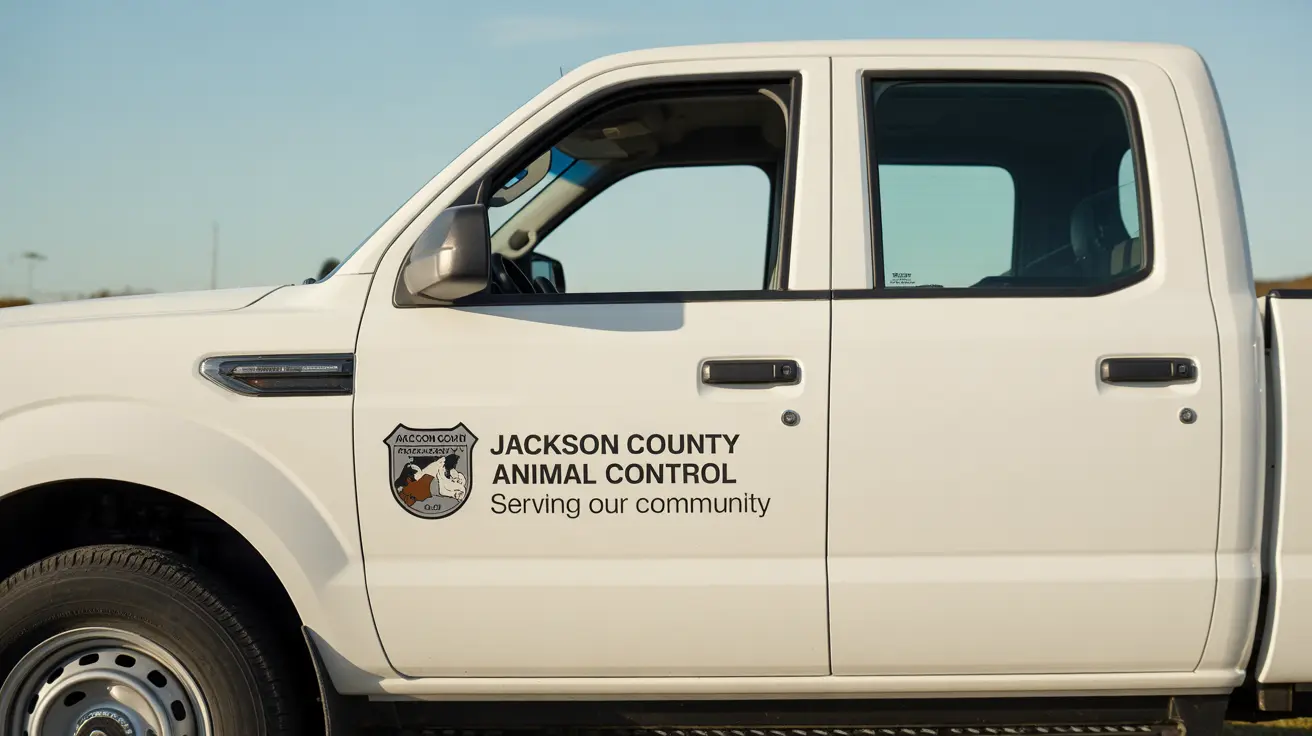Dangers of Unlicensed Animal Rescues
The incident serves as a stark reminder of why proper licensing and oversight of animal rescue operations are essential. Licensed animal shelters in Michigan must meet strict standards for animal care, facility maintenance, and operational transparency. When these standards are bypassed through unofficial channels like social media, the risks to animal welfare increase significantly.
Signs of Animal Rescue Hoarding
This case exhibits classic warning signs of rescue hoarding, a serious concern in the animal welfare community. Red flags include:
- Operating exclusively through social media without physical facility oversight
- Lack of proper licensing and documentation
- Overcrowded conditions
- Limited access to the facility
- Absence of proper veterinary care protocols
Safe Animal Adoption Practices
When seeking to adopt a pet, it's crucial to work with legitimate, properly licensed organizations. Legitimate rescues maintain:
- Current state and local licenses
- Clear adoption procedures
- Transparent health records
- Regular veterinary care
- Clean, accessible facilities
- Professional staff or trained volunteers
Animal Welfare Enforcement in Michigan
Michigan's animal cruelty statutes provide significant legal framework for prosecuting cases of animal neglect and abuse. Law enforcement and animal control agencies work together to investigate reports of suspicious rescue operations and enforce animal welfare standards.
How to Report Animal Neglect
If you suspect animal neglect or abuse at any facility, whether licensed or unlicensed, it's important to take action. Document your concerns and contact:
- Local animal control
- Law enforcement agencies
- State humane organizations
- Licensed animal welfare organizations
Frequently Asked Questions
How can I verify if an animal rescue is legitimate and properly licensed in Michigan?
You should ask for proof of state and local licensing, nonprofit status, and visit the rescue in person if possible. Legitimate rescues follow sterilization, veterinary care standards, and maintain transparency about their operations and adoption policies.
What are the legal consequences in Michigan for animal neglect or abuse in unregulated rescues?
Michigan law (MCL 750.50) imposes penalties ranging from misdemeanors with fines to felonies with prison time, depending on the number of animals involved and the severity of neglect or death. Courts may also order forfeiture of animals and ban future animal ownership.
What should I look for when adopting from an animal rescue to avoid supporting hoarding or neglect?
Confirm the rescue is licensed and reputable, ask about the animal's health and care history, observe the living conditions, ensure proper vetting and adoption procedures are followed, and avoid rescues that operate solely through social media without transparency.
Protecting Animals Through Proper Oversight
This tragic case underscores the vital importance of proper licensing, oversight, and regulation in animal rescue operations. As pet adopters and animal lovers, we all play a role in supporting legitimate rescue organizations and reporting concerning situations to appropriate authorities. By remaining vigilant and informed about proper animal rescue standards, we can help prevent similar incidents and ensure better outcomes for animals in need.






